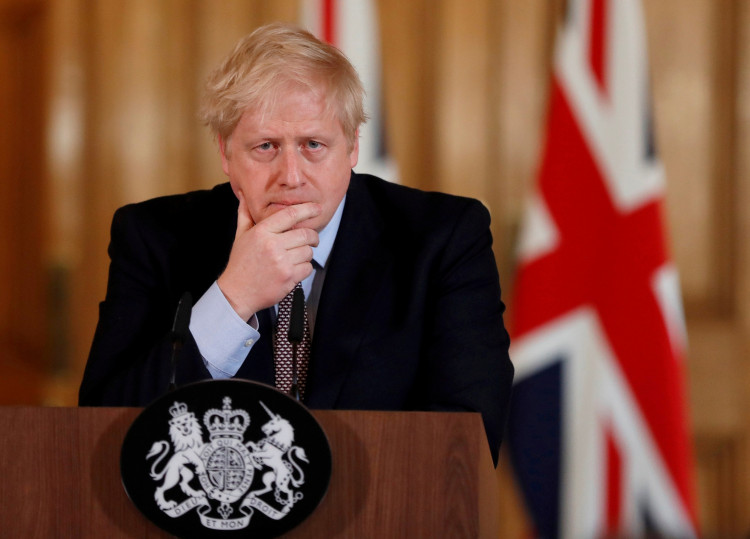Facebook and Twitter have thrown their support behind a proposed British law that intends to severely punish social media platforms for their transgressions in order "to make the UK the safest place in the world to be online."
The "Online Harms Bill" unveiled Tuesday is the end product of a three-year long study by the British government to ensure the safety and security of those online, especially children. It also expands the power of the Office of Communications (Ofcom) to impose fines on tech firms.
The fines could reach billions of dollars depending on the offending firm's global revenues. Ofcom will have the power to fine companies up to $24 million or 10% of their annual global revenues, whichever is higher, for failing to comply.
Apart from these unheard of financial penalties, sites that refuse to comply with the rules also risk being blocked from doing business in the UK by Ofcom.
The Online Harms Bill sets out strict new guidelines that compel the removal of online child sexual abuse content and terrorist material, among other illegal content. Social media platforms will also have to do more to ensure children aren't exposed to pornography, bullying or grooming.
The bill requires the most popular sites such as Facebook, Instagram, TikTok, Twitter to set their own terms and conditions, and face fines if they fail to abide by them.
For the first time, online misinformation will come under the jurisdiction of a government regulator, which is Ofcom in this case. The definition of online misinformation includes content that's legal but could cause significant physical or psychological harm to adults.
Facebook has "long called for new rules to set high standards across the internet," claims Rebecca Stimson, Facebook's head of U.K. public policy.
"Protecting people from harm without undermining freedom of expression or the incredible benefits the internet has brought is a complex challenge," she noted.
"We look forward to continuing the discussion with the government, Parliament and the rest of the industry as this process continues."
Twitter said it remains "deeply committed to keeping people safe online."
"We support regulation that is forward thinking, understanding that a one-size-fits all approach fails to consider the diversity of our online environment," according to a Twitter spokesperson in a statement.
"Today Britain is setting the global standard for safety online with the most comprehensive approach yet to online regulation," said Oliver Dowden, the digital secretary.
Ofcom CEO Dame Melanie Dawes said her office is really pleased to take on this new role.
"Being online brings huge benefits, but four in five people have concerns about it. That shows the need for sensible, balanced rules that protect users from serious harm, but also recognises the great things about online, including free expression."
Shadow secretary of state for digital, culture, media and sport Jo Stevens said the Online Harms Bill "is a once in a generation opportunity to tackle dangerous elements of the internet which have real-world consequences.
"We need the government to take this seriously whether it is hate speech, disinformation or self-harm content. The internet should be a safe place for everyone and this legislation must be ambitious in its scope," she said.






